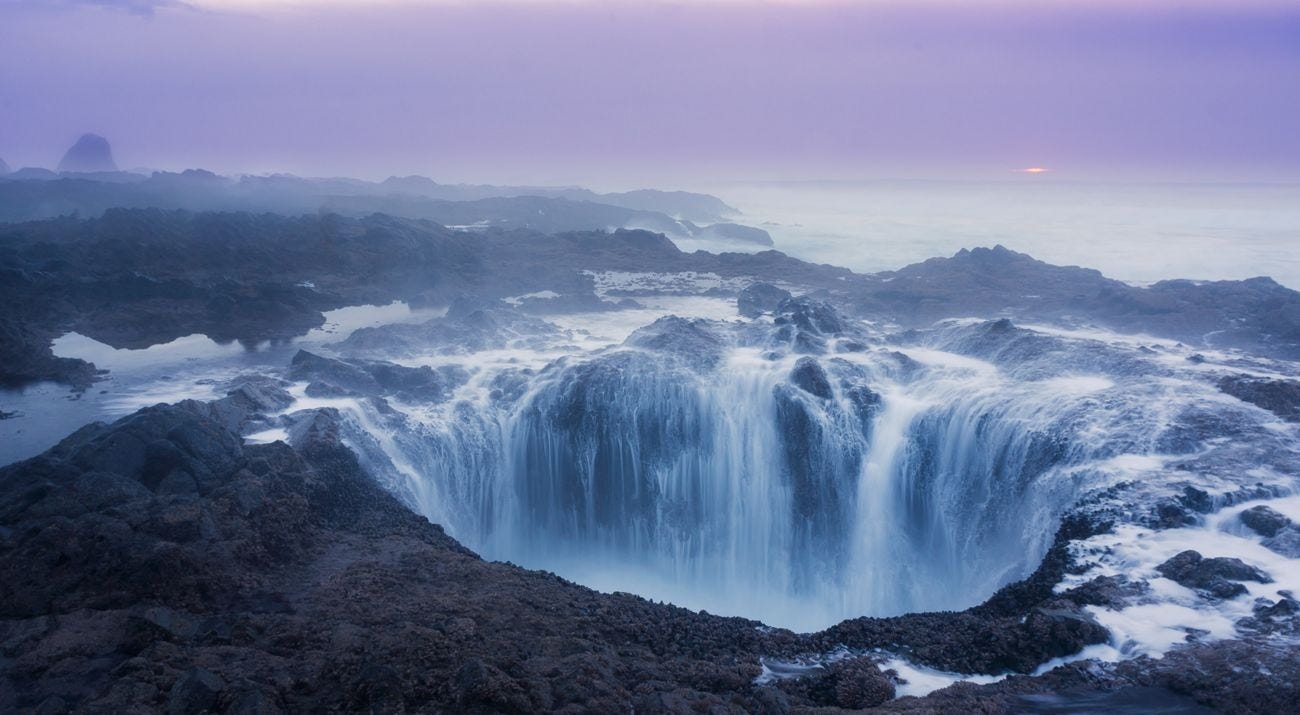A case study of difficulties after a high psilocybin dose in Oregon's legal program
Service centres should be more careful with dosage, particularly with young first-time trippers
This is another case study of post-psychedelic difficulties. In this case, a 21-year-old woman went to a legal Oregon psilocybin service centre in November 2024, seeking relief from anxiety and depression. She says she was given a five-gram dose (50mg of psilocybin analyte, the maximum dose allowed in Oregon) and experienced an over…



